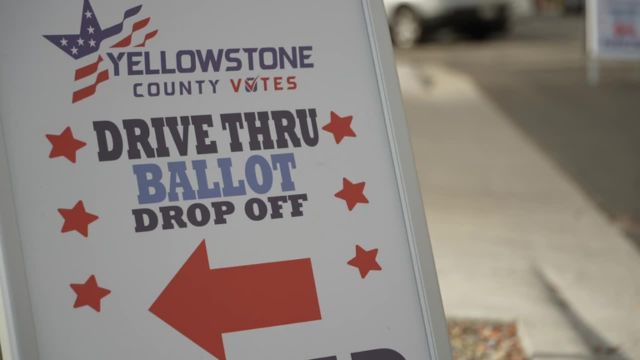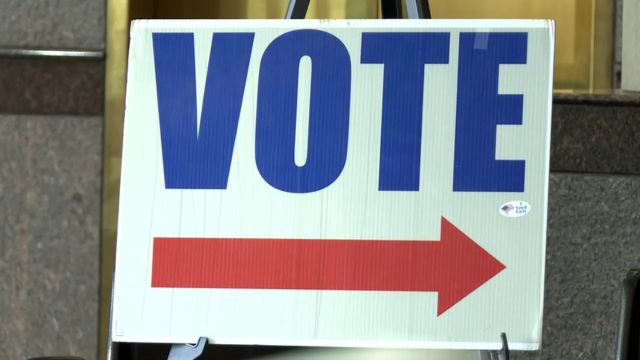In a recent legal development, a federal judge has condemned the Trump administration’s legal arguments concerning alleged violations of the Privacy Act by the Department of Government Efficiency (DOGE) and the Office of Personnel Management (OPM).
The judge described the administration’s defense as having a “crimped view of the law” and labeled their tactics as “Kafkaesque.”
The case centers on allegations that DOGE, under Elon Musk’s leadership, accessed personal data from federal agencies, including the Department of Education, the Department of the Treasury, and OPM, without proper authorization.
This data encompassed sensitive information such as Social Security numbers, birth dates, addresses, and financial details.
The administration’s attempts to justify DOGE’s access to this information were met with judicial skepticism.
The judge ruled that the administration failed to adequately explain the necessity of accessing records of millions of individuals, suggesting that the government’s agenda could proceed without compromising such sensitive data.
This ruling adds to a series of legal challenges facing DOGE’s data collection practices. Courts have previously blocked DOGE from accessing personal data from federal agencies, citing violations of the Privacy Act and concerns over unauthorized data sharing.
In response to these developments, Democratic Senators have introduced the Privacy Act Modernization Act of 2025, aiming to update the 1974 Privacy Act to better address contemporary data collection and privacy issues.
As legal proceedings continue, the administration’s data practices remain under intense scrutiny, with potential implications for federal data management and privacy protections.


 by
by 



